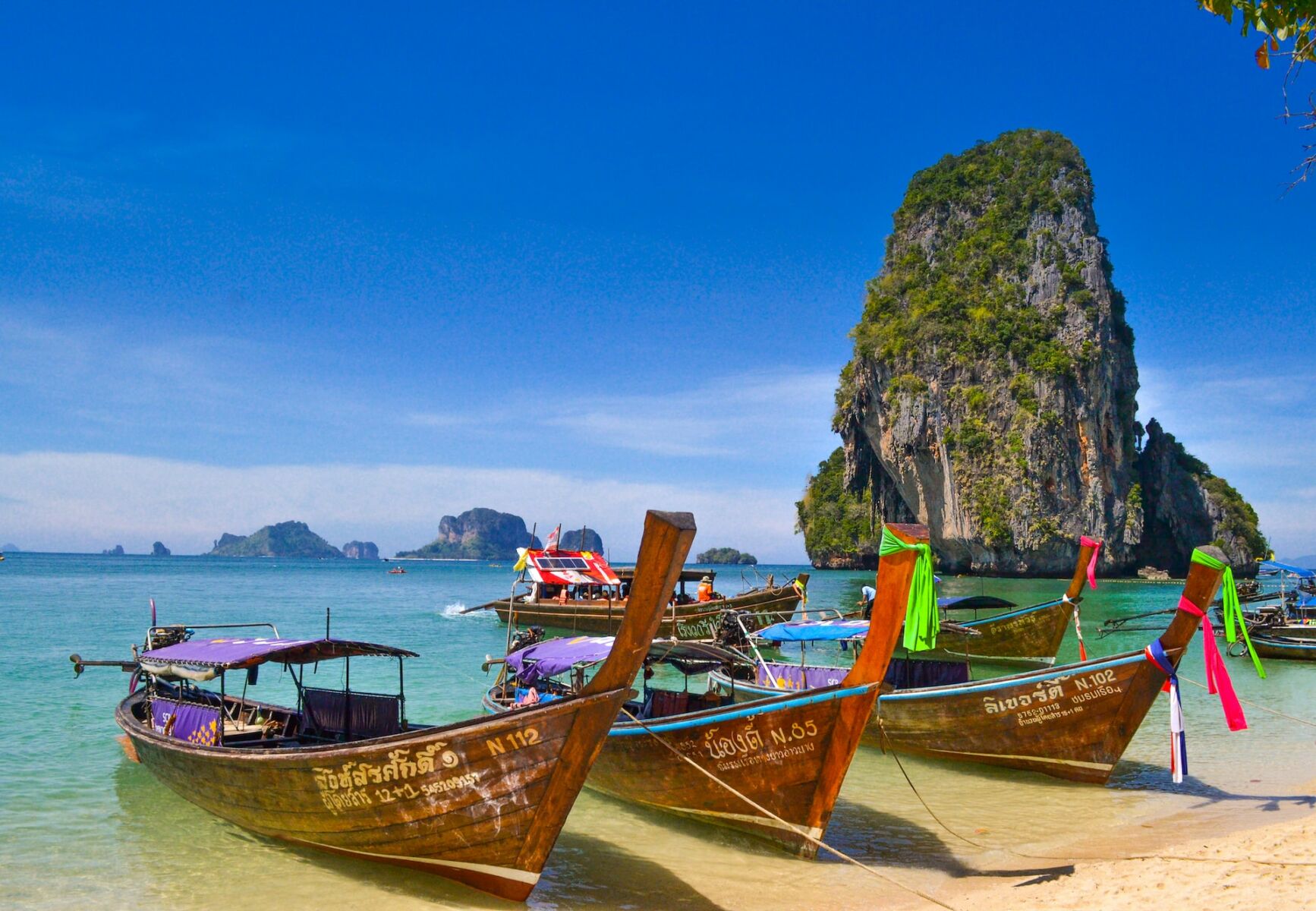Great wall of silence: Chinese tourists ditch Thailand in travel drought

Thailand’s once-booming Chinese tourism stream has turned into a trickle, with industry chiefs warning of a full-blown crisis as daily arrivals plunge to record lows and desperate calls mount for an urgent fix to restore trust.
Chinese tourist arrivals to Thailand have nosedived to their lowest point in 2025, with just 5,833 visitors recorded on April 16, a far cry from the usual 15,000 to 20,000. One top industry figure has dubbed the slump a “crisis,” as the kingdom scrambles to win back its biggest tourism market.
Sisdivachr Cheewarattanaporn, advisory chairman of the Association of Thai Travel Agents, didn’t mince his words.
“This is the worst crisis for the Chinese market in recent years.”
He compared it to the fallout from the 2018 Phuket boat tragedy, which killed 46 tourists but warned this latest drop is even more complex.
“This time, it’s not just one incident. There are economic woes from US tariffs and China’s push for domestic tourism as key culprits. It’s harder to bounce back.”

The Ministry of Tourism and Sports reported that by April 20, 1.5 million Chinese tourists had arrived in Thailand, followed by 1.4 million from Malaysia and 835,385 from Russia. While Chinese arrivals spiked to 16,000 during the Songkran holiday on April 11, the numbers have tumbled since, Bangkok Post reported.
Sisdivachr said daily arrivals rarely dipped below 15,000 before the high-profile kidnapping of actor Wang Xing, an incident that rattled Chinese confidence.
Even with an optimistic rebound to 10,000–15,000 per day for the rest of the year, Thailand would only hit 4.2 to 5.5 million Chinese arrivals, well short of the government’s 7 million target and last year’s 6.7 million. Pre-pandemic, the figure stood at a massive 11 million.
The challenges are stacking up. As China faces pressure from US trade policies, Beijing has doubled down on building up its own tourism sector, rolling out shiny new infrastructure and attractions to keep citizens travelling locally.
China’s 240-hour visa-free transit policy has also boosted outbound travel, while Thai nationals have enjoyed visa-free entry since last year, further shifting travel dynamics.
In response, the Tourism Authority of Thailand is rolling out the red carpet for 600 Chinese travel agents and key opinion leaders across 30 provinces in an effort to revive interest in group tours. Sisdivachr backed the move.
“Better than doing nothing.”

Meanwhile, former TAT governor Yuthasak Supasorn called for swift action to rebuild Thailand’s image.
“We need proper reputation management.”
Yuthasak added the need for better safety communication and stronger digital engagement with Chinese audiences.
Yuthasak urged the use of integrated marketing to promote niche travel experiences, alongside partnerships with airlines, tour operators, and online travel giants. He also highlighted the importance of working with embassies and cultural bodies to win back Chinese hearts and travel bookings.
Without decisive action, experts fear Thailand’s golden goose could stay grounded far longer than the tourism ministry can afford.
Latest Thailand News
Follow The Thaiger on Google News:


























